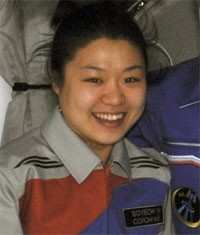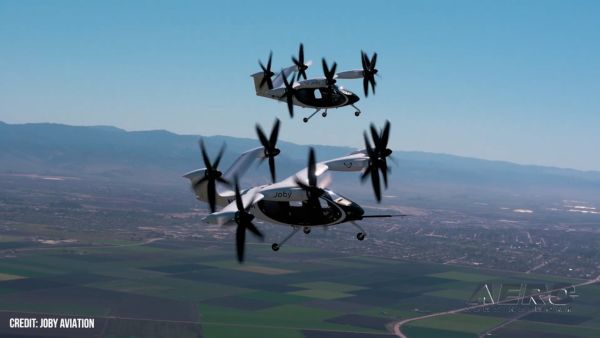Wed, Apr 30, 2008
Advertisement
More News
 ANN's Daily Aero-Term (05.12.25): Execute Missed Approach
ANN's Daily Aero-Term (05.12.25): Execute Missed Approach
Execute Missed Approach Instructions issued to a pilot making an instrument approach which means continue inbound to the missed approach point and execute the missed approach proce>[...]
 ANN's Daily Aero-Linx (05.12.25)
ANN's Daily Aero-Linx (05.12.25)
Aero Linx: British Helicopter Association (BHA) The BHA promotes the compliant, safe and considerate use of rotorcraft throughout the UK. Its activities are directed by a Council o>[...]
 NTSB Final Report: Piper PA-36-375
NTSB Final Report: Piper PA-36-375
During An Aerial Application Flight, The Engine Lost Power And The Airplane Began To Descend Analysis: The pilot reported that, during an aerial application flight, the engine lost>[...]
 Airborne-NextGen 05.06.25: AF Uncrewed Fighters, Drones v Planes, Joby Crew Test
Airborne-NextGen 05.06.25: AF Uncrewed Fighters, Drones v Planes, Joby Crew Test
Also: AMA Names Tyler Dobbs, More Falcon 9 Ops, Firefly Launch Unsuccessful, Autonomous F-16s The Air Force has begun ground testing a future uncrewed jet design in a milestone tow>[...]
 ANN's Daily Aero-Linx (05.13.25)
ANN's Daily Aero-Linx (05.13.25)
Aero Linx: HeliOffshore HeliOffshore is the global, safety-focused association for the offshore helicopter industry. Our mission is to lead a collective safety conversation, identi>[...]
blog comments powered by Disqus




